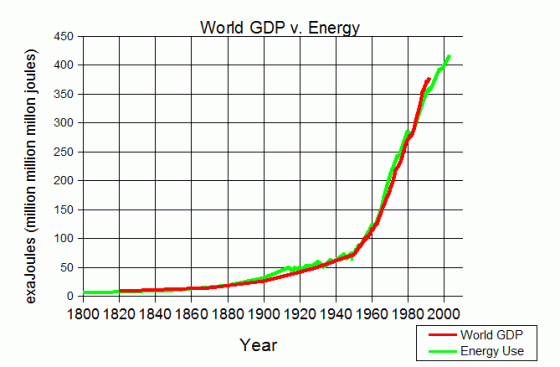Success would be better than doubling NASA's budget and 100,000 times cheaper than one year of double NASA budget
Lawrenceville Plasma Physics has thanked Nextbigfuture.com and the Nextbigfuture community.
The Nextbigfuture community have been early contributors to this key energy project and we have helped to get the word out on social media.
A few thousand people can change the course of the future
If this project is successfully fully funded and then leads to a successful experiment, then Nextbigfuture and the Nextbigfuture community will have been a significant part of creating a better future for space technology and energy.
LPP needs about 4000 more people to donate on average about $25 each or fewer people with larger average donations.
The Battle of Thermopylae was fought between an alliance of Greek city-states, led by King Leonidas of Sparta, and the Persian Empire of Xerxes I over the course of three days, during the second Persian invasion of Greece. It changed the course of history. It is remembered for the 300 Spartans at the battle. However, it was a Greek force of 7000 men at the start. Later the bulk of the Greek army was dismissed and 300 Spartans, 700 Thespians, 400 Thebans and perhaps a few hundred others, most of whom were killed fought to the end. They died making history but you can help make the future for a few dollars.
Relatively Painless Money Saving Ideas to free up money to possibly change the world
You can rent two movies from Redbox instead of going to the theater and donate the savings.
######################################################################
Switch out of cable or satellite television and use Netflix and a HDTV antenna.
Use voice over internet phone services like OOMA or only use a mobile phone and no landline.
######################################################################
This is a nuclear fusion project where a bit of public funding will have a huge impact.
It is ten thousand times cheaper than the International Tokamak project. ITER costs billions and will still require decades and two more projects to possibly get to a commercial fusion reactor and those fusion reactors will be about fifteen story tall buildings the size of a football stadium.
This project could be proven for about $1-5 million with critical components and testing helped by another $127,000.
LPP needs to get their Tungsten electrode and then later switch to a berrylium electrode.
If successful with their research and then commercialization they will achieve commercial nuclear fusion at the cost of $400,000-1 million for a 5 megawatt generator that would produce power for about 0.3 cents per kwh instead of 6 cents per kwh for coal and natural gas. This can lead to commercial energy that is twenty times cheaper than natural gas or coal Last night coal mining killed another
Energy that is twenty times cheaper will provide a massive pollution-free boost to the global economy. Instead of global 3% growth with not enough jobs it will mean 5+% growth for 60 years or more at least.
SuperCheap energy also means cheap clean water.
Go to this link to donate.
They have imaged the pinch which shows that much of the physics is as expected

 Shot 9-09-10-02, 0.225 microsec before pinch
Shot 9-09-10-02, 0.225 microsec before pinchRight - Shot 9-15-10-07, magnified plasmoid at the pinch. We see the plasmoid on axis, which is about 150 microns across. The small dots are individual pixels, and do not represent actual fluctuations in intensity.
LPP’s mission is the development of a new environmentally safe, clean, cheap and unlimited energy source based on hydrogen-boron fusion and the dense plasma focus device, a combination we call Focus Fusion.
This work was initially funded by NASA’s Jet Propulsion Laboratory and is now backed by over forty private investors including the Abell Foundation of Baltimore. LPP’s patented technology and peer-reviewed science are guiding the design of this technology for this virtually unlimited source of clean energy that can be significantly cheaper than any other energy sources currently in use. Non-exclusive licenses to government agencies and manufacturing partners will aim to ensure rapid adoption of Focus Fusion generators as the primary source of electrical power worldwide.



 The book
The book 





